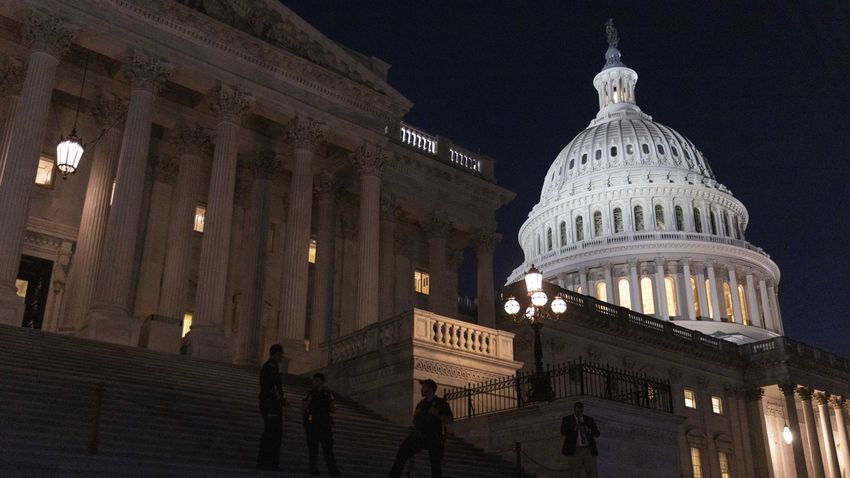The US House of Representatives voted late Wednesday night in favor of a law to increase the national debt and reduce budget expenditures, which could prevent the country from going bankrupt. In the House of Representatives of Congress, the law gained the necessary majority with bipartisan support, by 314 votes in favor and 117 no. However, 71 Republicans and 46 Democrats rejected it.
The legislation, called the Fiscal Responsibility Act, is the result of a compromise between the Democratic-led White House and the Republican-led House of Representatives.
On the one hand, the law requires the suspension of the national debt ceiling until January 1, 2025, on the other hand, a significant budget reallocation and spending cuts for the US government.
The upper limit of the national debt of the United States permitted by law is 31.4 thousand billion dollars, which is what the American state reached by the end of 2022, so without raising it, the United States would have had to inform its creditors of bankruptcy in a technical sense, because it was unable to fulfill the obligation to pay Expired national debt.
The Ministry of Finance had earlier set June 1, and later June 5, as a deadline for adopting and enshrining legislation that enables an increase in the national debt.
|
The Washington, D.C. Treasury Department’s cash reserves were drastically reduced before the debt ceiling was raised. |
Among the measures included in the law is a freeze on budget expenditures for the fiscal year 2024, in addition to a maximum increase of 1% in expenditures for the fiscal year 2025 as well. The measures include linking some social benefits to the workplace.
Under the law, about $28 billion will be returned to state coffers, the unused amount from the coronavirus fund.
The Republicans’ request was to shrink the IRS’ budget resources, which were included in the so-called inflation-reducing law that President Joe Biden announced last year.
At the same time, the legislation leaves important climate change measures to Democrats, as well as green energy transition measures.
The National Debt Increase and Budget Adjustment Act must also be passed by the upper house of Congress before it can be signed into law by President Joe Biden. The vote could take place in the Senate on Thursday, but the Democratic majority leader in the Senate, Sen. Chuck Schumer, indicated that the vote could be delayed until the end of the week.












































